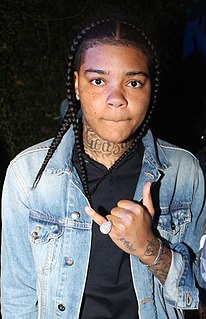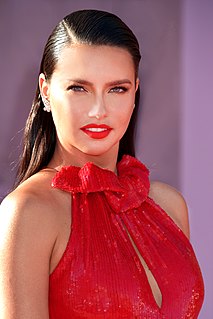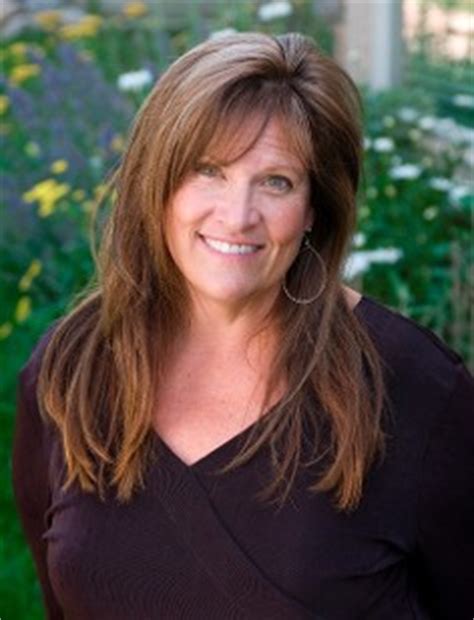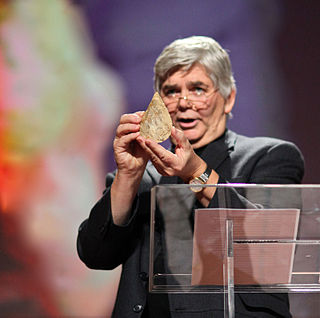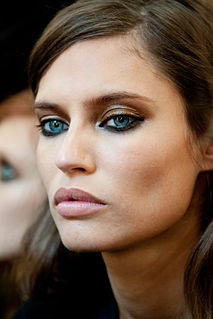A Quote by Stephanie Adams
Beauty that comes naturally, is the most natural beauty of all.
Quote Topics
Related Quotes
Meditation is another dimension of natural beauty. People talk about appreciating natural beauty-climbing mountains, seeing giraffes and tigers in Africa, and all sorts of things. But nobody seems to appreciate this kind of natural beauty of ourselves. This is actually far more beautiful than flora and fauna, far more fantastic, far more painful and colorful and delightful.
It was the upward-reaching and fathomlessly hungering, heart-breaking love for the beauty of the world at its most beautiful, and, beyond that, for that beauty east of the sun and west of the moon which is past the reach of all but our most desperate desiring and is finally the beauty of Beauty itself, of Being itself and what lies at the heart of Being.
Beauty is more important in computing than anywhere else in technology because software is so complicated. Beauty is the ultimate defense against complexity. ... The geniuses of the computer field, on the the other hand, are the people with the keenest aesthetic senses, the ones who are capable of creating beauty. Beauty is decisive at every level: the most important interfaces, the most important programming languages, the winning algorithms are the beautiful ones.


